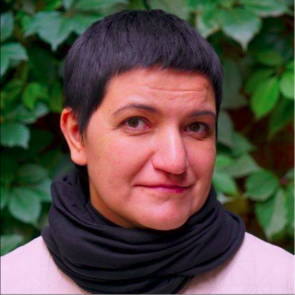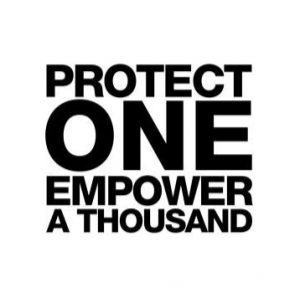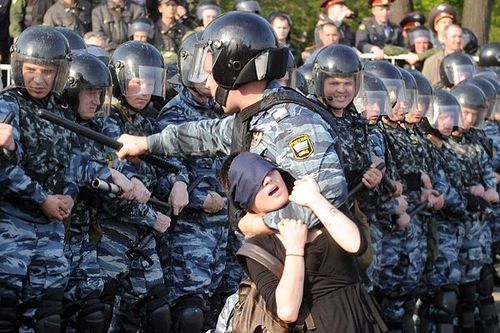The environment for the work of human rights defenders (HRDs) in the Russian Federation is difficult, especially for those who defend and promote the rights of LGBTI people, ethnic and religious minorities, refugees, as well as activists of the North Caucasus and the unlawfully annexed Crimean Peninsula. HRDs are often subjected to acts of harassment, surveillance, physical attacks, threat, raids and searches on their offices and homes, slander and smear campaigns, judicial harassment, arbitrary detention, and ill-treatment, as well as violations of the rights to freedom of expression, association, and assembly. There have also been cases where HRDs have been murdered as a result of their work.
The anti-terrorism and anti-extremism legislation amended in 2016 authorises law enforcement agencies and special police to infringe on political and civil rights, as well as on the right to privacy of HRDs. At the same time, the authorities frequently fail to impartially and thoroughly investigate criminal offences perpetrated against HRDs and independent journalists, which is also abetted by the extreme corruption of the Russian judicial system and its non-compliance with international standards of justice and rule of law.
The Foreign Agent Law introduced in 2012, together with the so-called ‘law on undesirable organisations’ introduced in 2015, characterises human rights advocacy as ‘a political activity’ and labels human rights organisations as ‘foreign agents’ with all the relevant implications. This includes arbitrary and frequent inspections along with the possibility to be stopped from working on the pretext of ‘undesirability’; allegations of allegiance to foreign interests and of posing a threat to constitutional rule, national defence capacity, or national security. Many human rights organisations which refused to be labelled as ‘foreign agents’ have been forced to stop their activities in the country.



